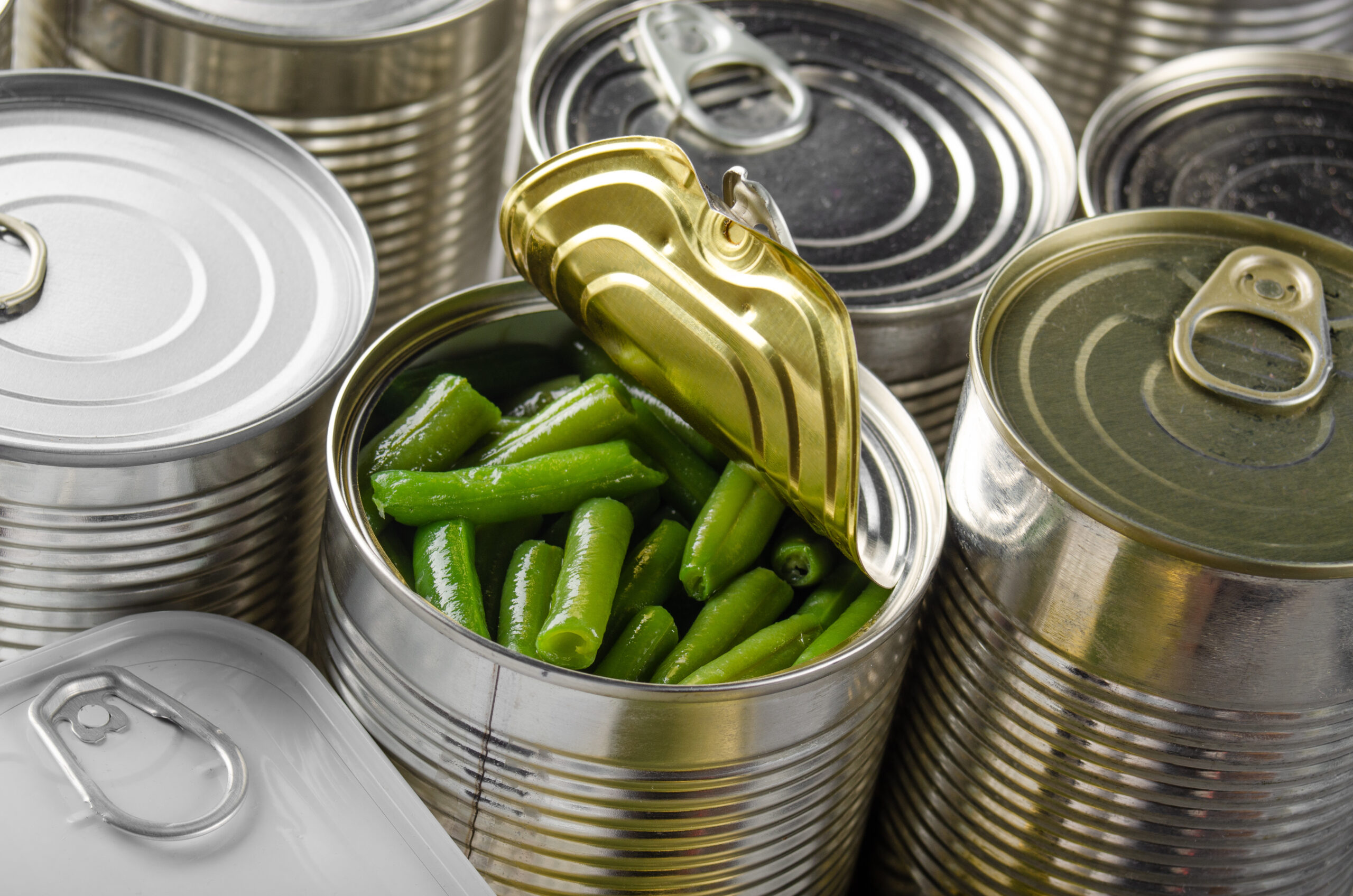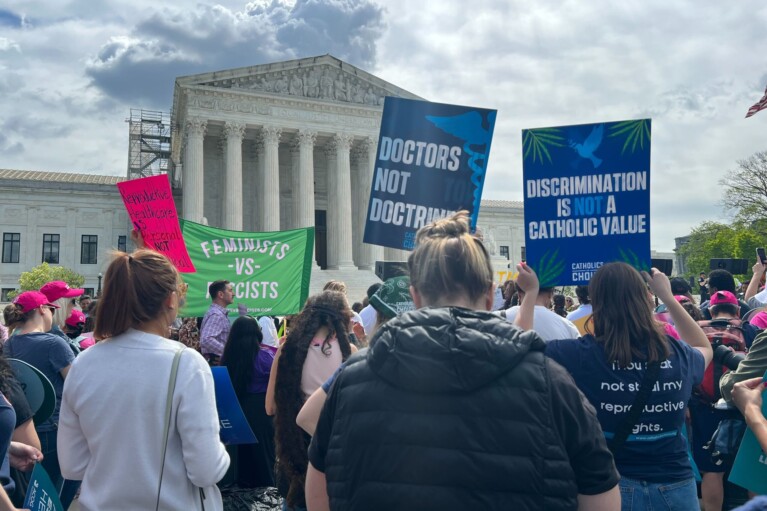Commentary: Maryland has a hunger emergency. We must come together to help

By Tracy Broccolino
The writer is president of the Community Action Council of Howard County.
Hundreds of thousands of our Maryland friends, family, and neighbors are about to experience a major reduction in their access to food. On March 1, the federal Supplemental Nutrition Assistance Program (SNAP) is ending emergency allotments that have helped 1 in 8 Marylanders — or about 800,000 people — avoid hunger for the last three years. Families receiving these benefits are about to lose, on average, $177 a month — a reduction that is certain to lead to more hunger at a time of rising costs.
Unless, that is, we come together as a community to fill the gap.
Three years since the start of the pandemic, Maryland families have suffered layoffs, rising food prices, and educational hurdles. Now, starting next month, many families could be forced to choose between paying for food or paying rent.
The end of emergency SNAP benefits means recipients will return to the allotment amounts they received prior to March 2020. But the price of food has grown more than 16 percent since then, and the annual growth in the Consumer Price Index is three times higher than what it was at the start of the pandemic.
These rising costs amount to a more than 21% increase in expenses for families and individuals across Maryland. For those relying on SNAP assistance, a return to pre-covid allotment no longer suffices in a post-pandemic world.
It is not hyperbole to say that the benefits reduction could lead to a public health crisis and perpetuate generational poverty. If a family cannot afford to pay for basic necessities, they will sacrifice in other areas. If a family must choose between purchasing food or paying rent, they most likely will choose to pay rent. Without ample access to nutritious foods, parents will skip meals and go hungry to ensure their children eat. Sometimes all family members will skip meals to ensure they can remain in their homes. This results in both parents and children being undernourished. Hungry children become inattentive students, resulting in potential lower performance among already-struggling students.
Alternatively, when a family decides to purchase food rather than pay rent their credit is impacted, and it’s harder to catch up on late payments. The further they fall behind, the more likely they are to face eviction. Increased evictions lead to increased homelessness, with parents and children living in hotels, staying with family or friends, or even sleeping in their cars or outside. Homeless families cannot store food. Now, the matter of food insecurity has resulted in both homelessness and increased hunger.
In Howard County, a record number of new households visited the Community Action Council’s Food Bank in January, and dozens used it for the first time. We anticipate this number will grow when SNAP benefits decrease and inflation and food costs continue to rise. Increased food bank usage is not unique to Howard County.
It is unlikely that the federal government will extend benefits again. So non-profit and faith-based organizations are working overtime to address food insecurity, but they need the public’s help to meet this dramatic increase in demand. Contributions will help to serve new clients, and to continue to purchase food to feed our friends and neighbors facing dire choices.
As we emerge from the pandemic, its effects are lingering, and hunger is real. We all must do our part to ensure neighbors in communities statewide have enough to eat every day.
Working proactively and collectively can save thousands of people across the state from the wrenching choice of paying for food or going hungry. Local organizations have always requested your help, but now it’s absolutely necessary. Please consider supporting and donating to your local food banks. At the end of this month and beyond, they are going to need the support.




 Creative Commons Attribution
Creative Commons Attribution